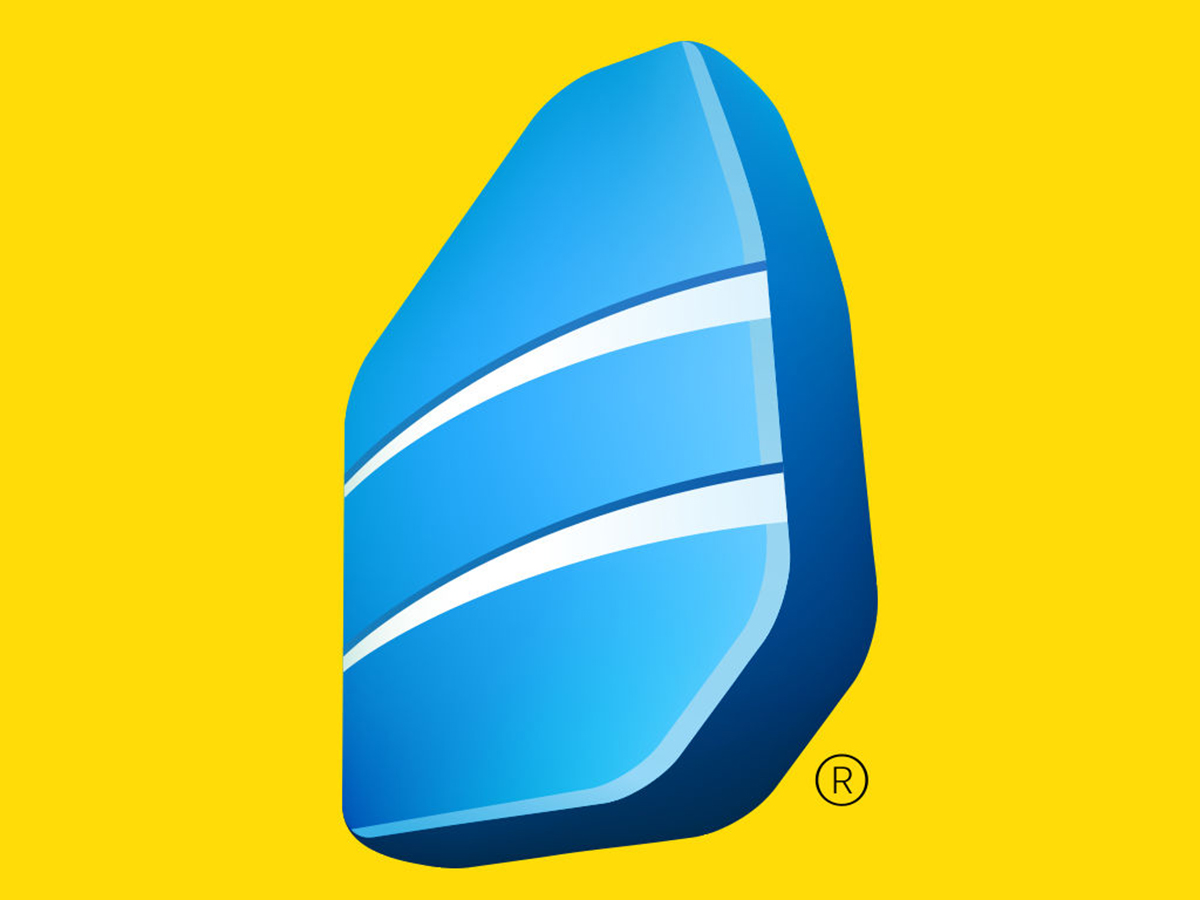
The University of California has recently granted Rosetta Stone Inc. certification for satisfying the language portion of the A-G requirements needed to be met for high school students seeking admission to schools within the UC system.
Students from around the state will now be able to earn foreign language course credit through the use of Rosetta Stone Spanish I and II. This recent certification will allow students that master this program to use it as a for-credit alternative that fulfills specifically the “language other than English (e)” requirement.
Collectively, the UC A-G requirements include a broad range of subjects including those for history and social science, English, mathematics, laboratory science, language, visual and performing arts and college-preparatory elective.
The primary purpose of the language requirement is to “expose students to new cultures and new horizons,” according to the UCOP website. The UC system views knowledge of another language as a method to develop global awareness that is deemed as necessary in the interconnected world. These courses are also aimed to continually develop proficiency in “Language and Communication,” “Culture” and “21st century skills.”
Students can learn another language through Rosetta Stone at home, school or through their personal mobile devices. A number of school districts will be providing access to these courses in order to offer advanced instruction and practice in the four crucial skills of language, which include reading, writing, listening and speaking.
Courses within Rosetta Stone have been organized in accordance with Bloom’s Taxonomy (module, unit, lesson), and includes six major categories for learning: knowledge, comprehension, application, analysis, synthesis and evaluation. These courses also meet a majority of the quality and content standards required by the International Association for K-12 Online Learning (iNACOL) and the California Learning Resource Network (CLRN).
Sean Robles, a fifth-year media and cultural studies student expressed his belief that use of Rosetta Stone may be useful to some students. “Not everyone wants to be in the class, I mean, you can take other classes as well. I feel like … it should be allowed. I think it’s beneficial, you still learn. According to what I’ve heard, you learn pretty well.”
“I think it’s a pretty cool idea ‘cause I didn’t very much enjoy taking Spanish in high school and I felt like I took four years and I still didn’t learn enough. And I wonder if it’s maybe (a) more effective way to learn a second language and then take classes you really want to take in high school if you have that option,” expressed Lulu Jaich, a third-year English major.








